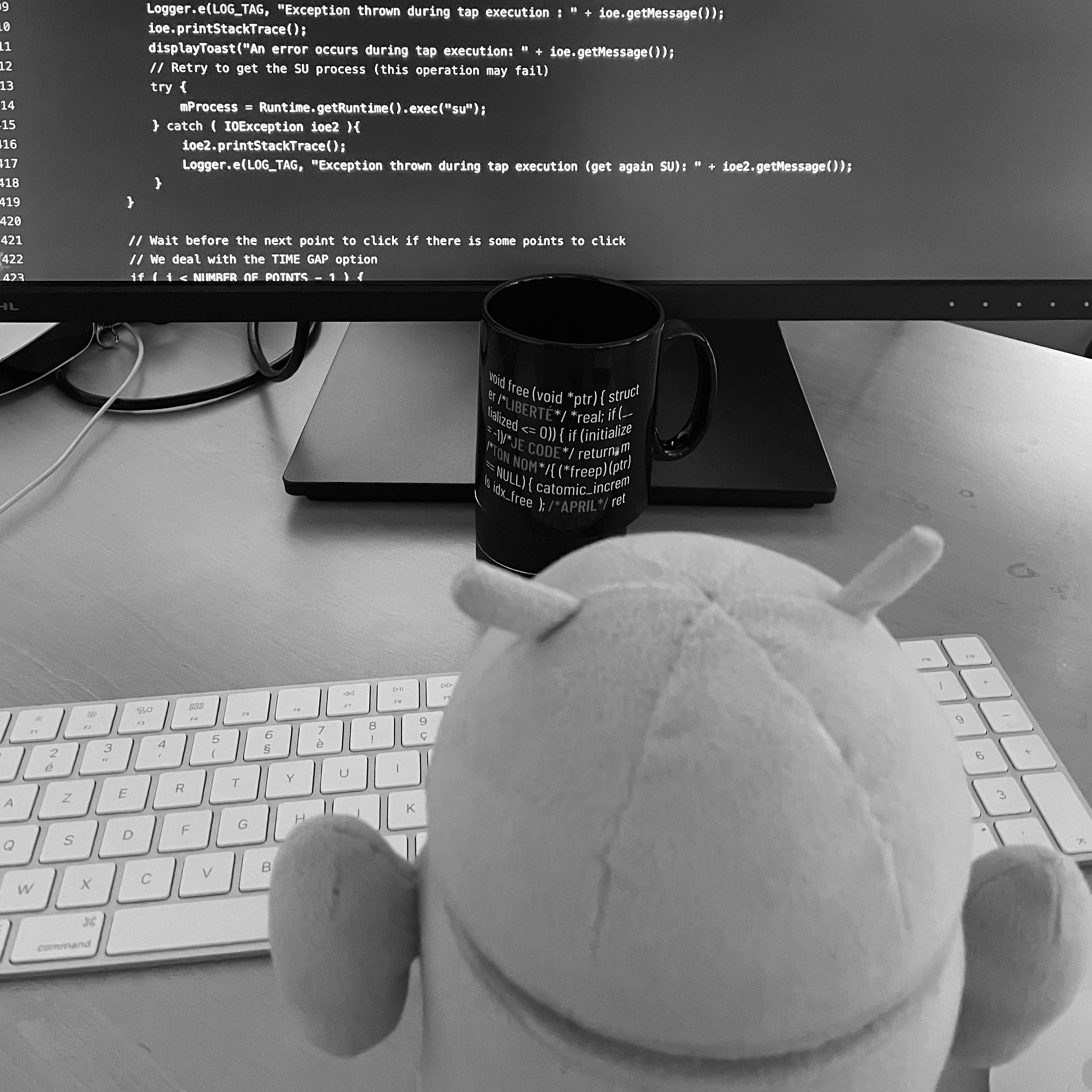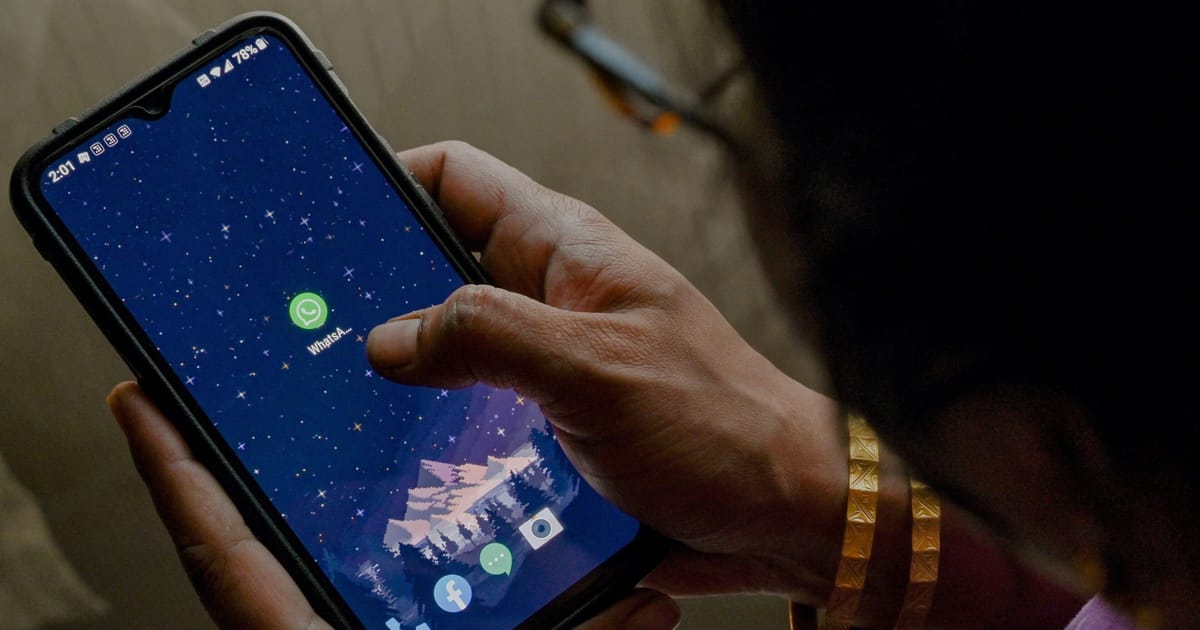After the Tchap project based on Matrix, the French Prime Minister asks anyone in the gouvernement to use Olvid, the only app validated by the ANSSI, with metadata encryption and no centralised architecture nor contacts discovery. But only the front-ends are open source, not the back-end.



Can’t wait to hear how this gets hacked!
Olvid is the only messaging application today certified by the ANSSI (the French security agency), I doubt this one will be hacked.
Is there a list of those they’ve tested, and why they didn’t meet criteria? Has Signal been tested?
Without that info, just seems coincidental that the French government has bestowed this cert on only a French app.
Same point of view 🙃
It’s only a matter of time.
A matter of time, resources, knowledge, tools, energy, intels. With the ANSSI credit, good luck.
deleted by creator
Just because everything checks out in principle doesn’t mean it’s actually secure. First off, we have no certainty of the client code running; it’s open source, sure, but unless they ensure reproducible builds - which, given it’s on the Play store (and I assume Apple app store), they can’t be, since the binaries must be signed - we have no way of knowing whether the code actually being downloaded and run is actually the same as the FOSS version. Further, even if it is, it may have intentional subtle vulnerabilities meant to be used by the French govt (so would easily pass certification by having the ANSSI be instructed top-down to overlook certain things), or it may be that the server can trigger a known bug resulting in leakage of data. At an even more paranoid level, it’s possible that the encryption itself is faulty; the specification says it uses aes256 and ed25519 which is about as battle-tested as it gets, but the PRNG seems to be mostly their own innovation. It specifies a minimum of 32 bytes of entropy, which (though cryptography is not my expertise, so at this point I’m wildly speculating) is probably trivial to send or embed in some other communication with the server e.g. by ensuring the PRNG is deterministic after the first keygen and faulty in some known way and sending over a future result.
I wouldn’t trust the French government.
Seeing as the French government was going after a group of people for using Signal and other ‘clandestine’ behaviors, I’m with you in distrusting them.
Wasn’t also France behind a lawsuit in Switzerland that got Protonmail to start spying on its users?
I hadn’t heard about that one but I’m not surprised.
You ever hear of nation-state actors?